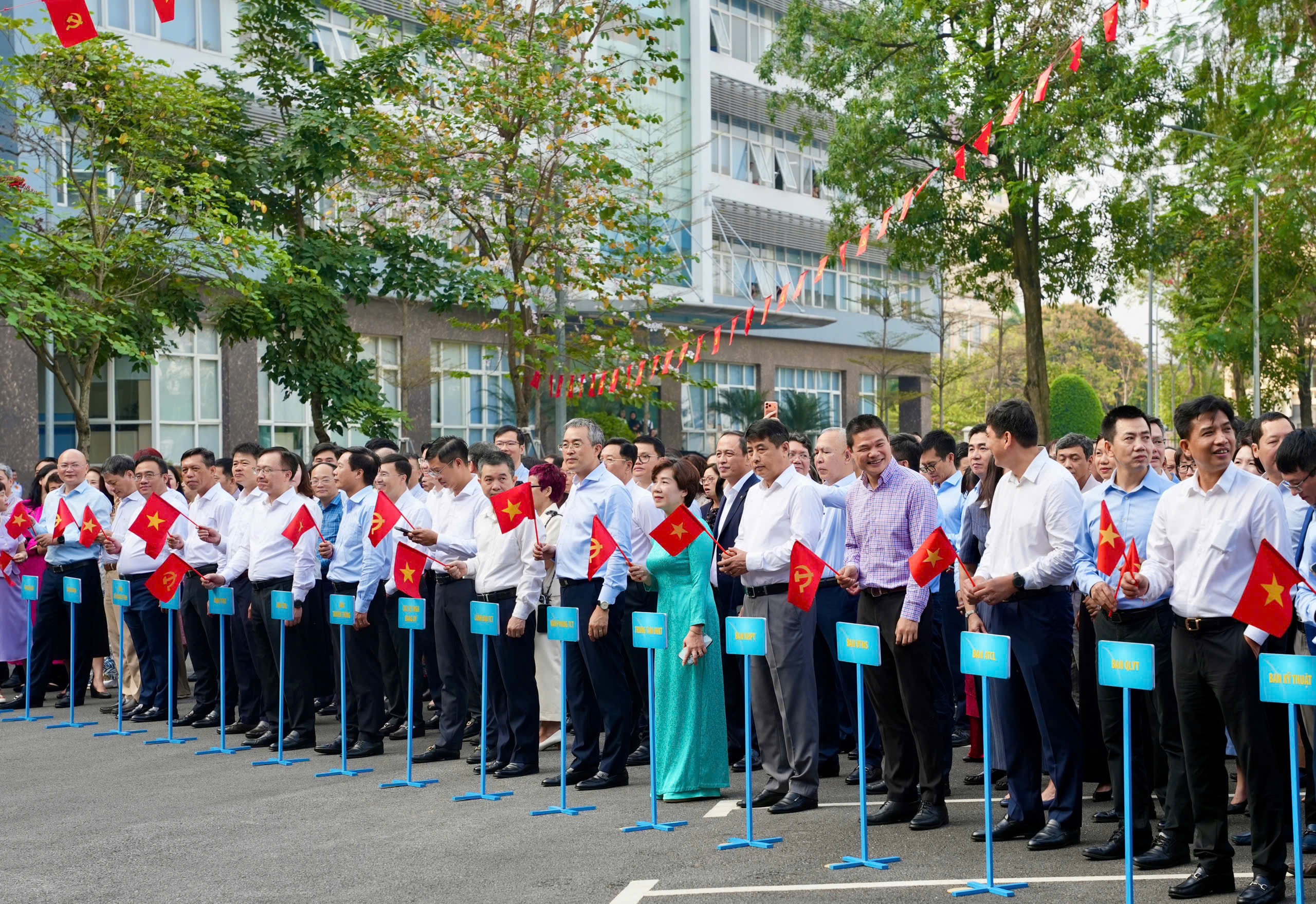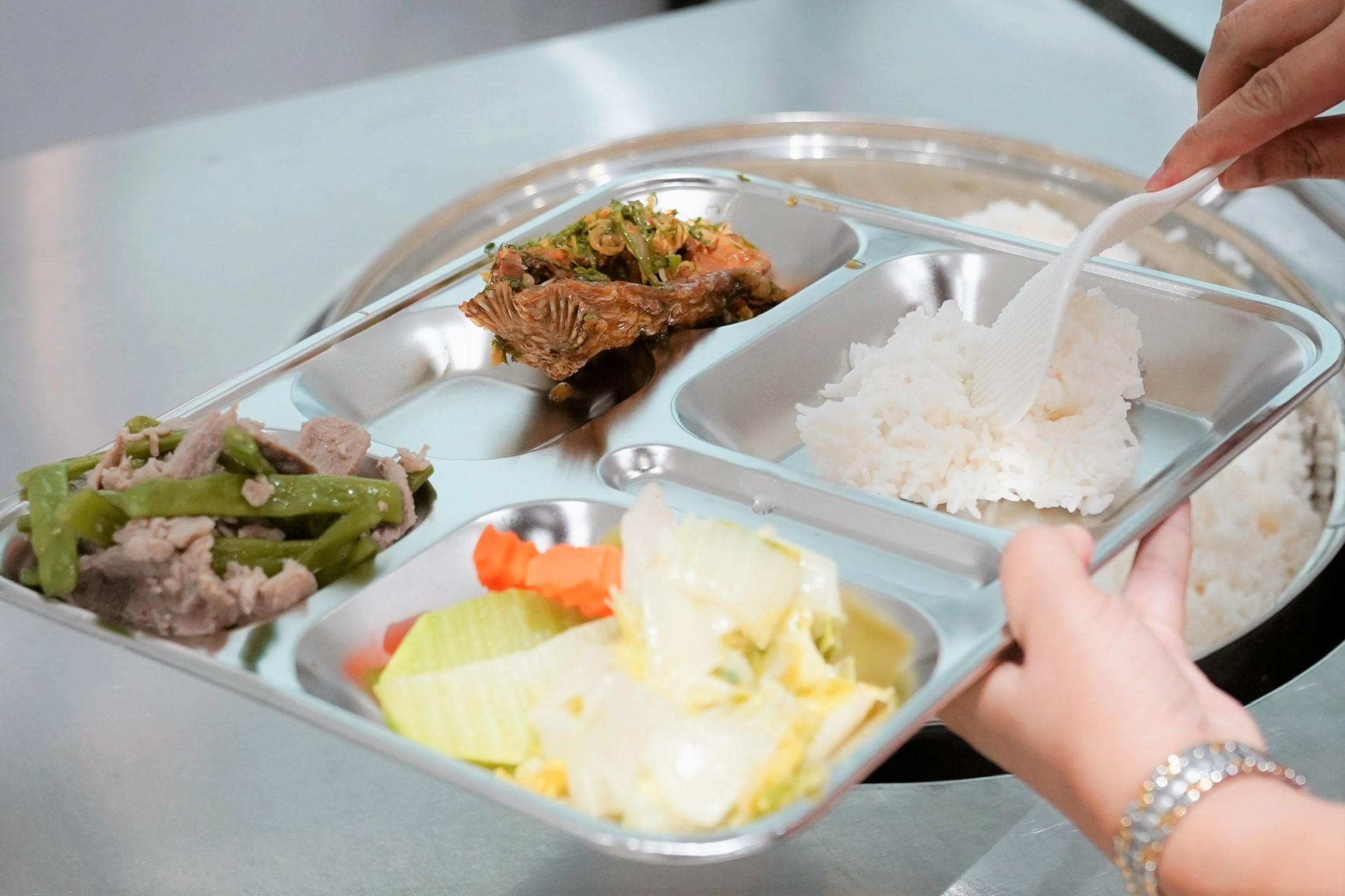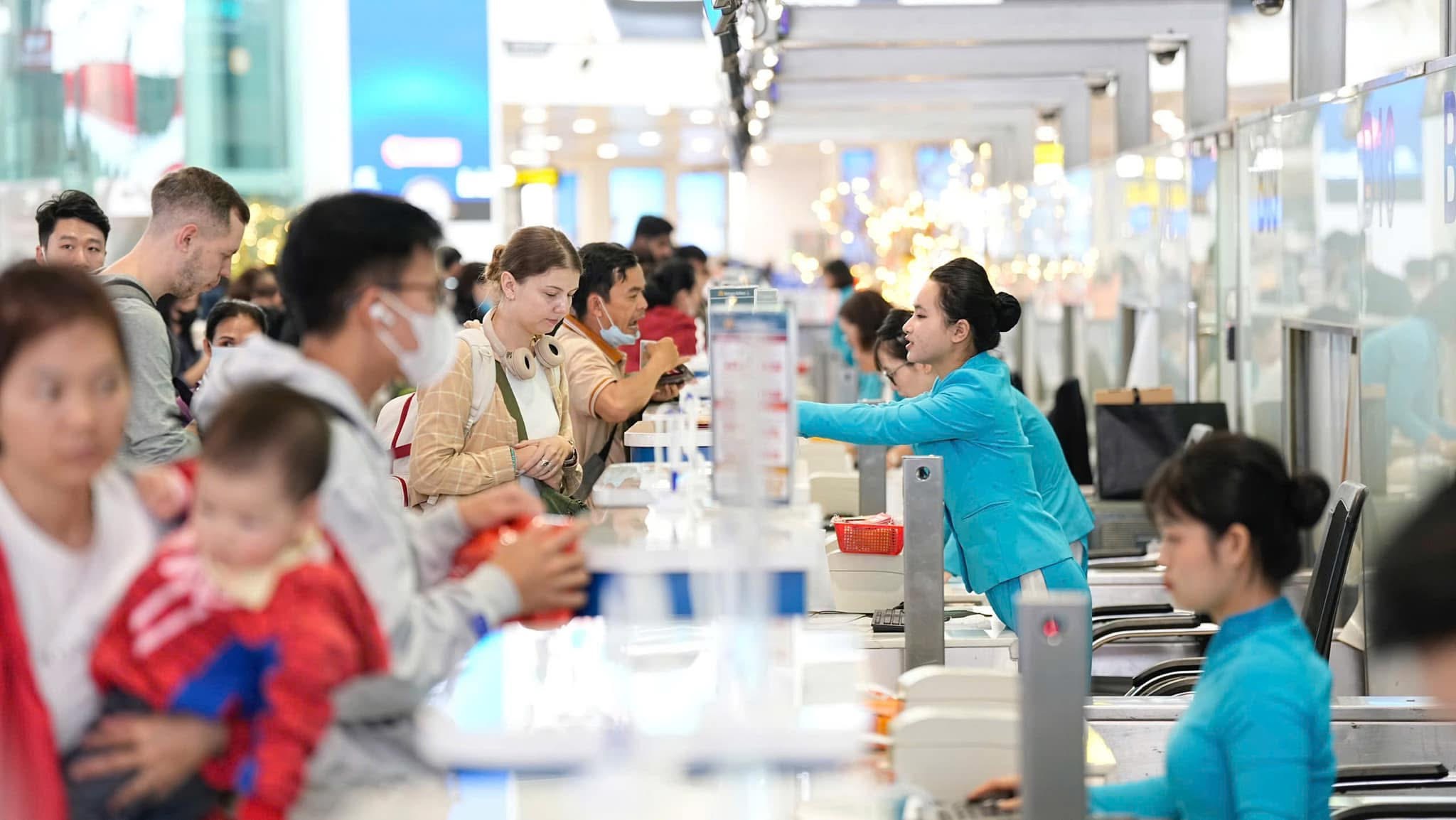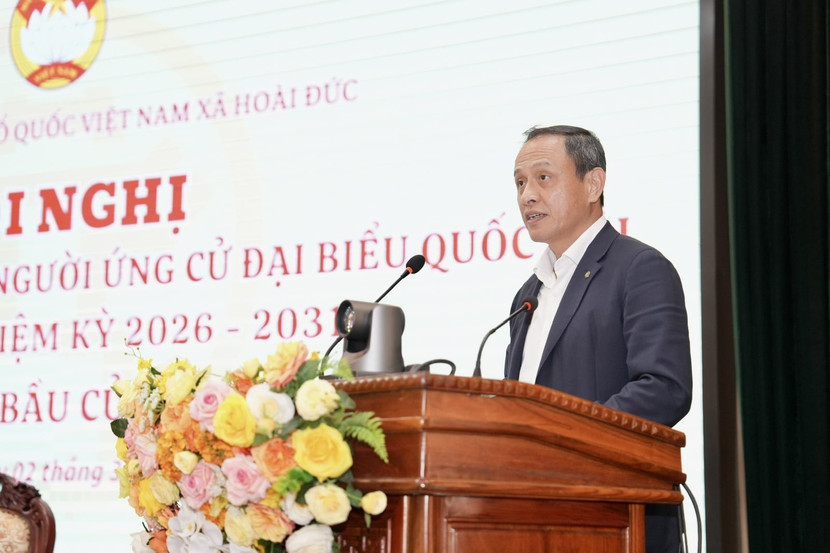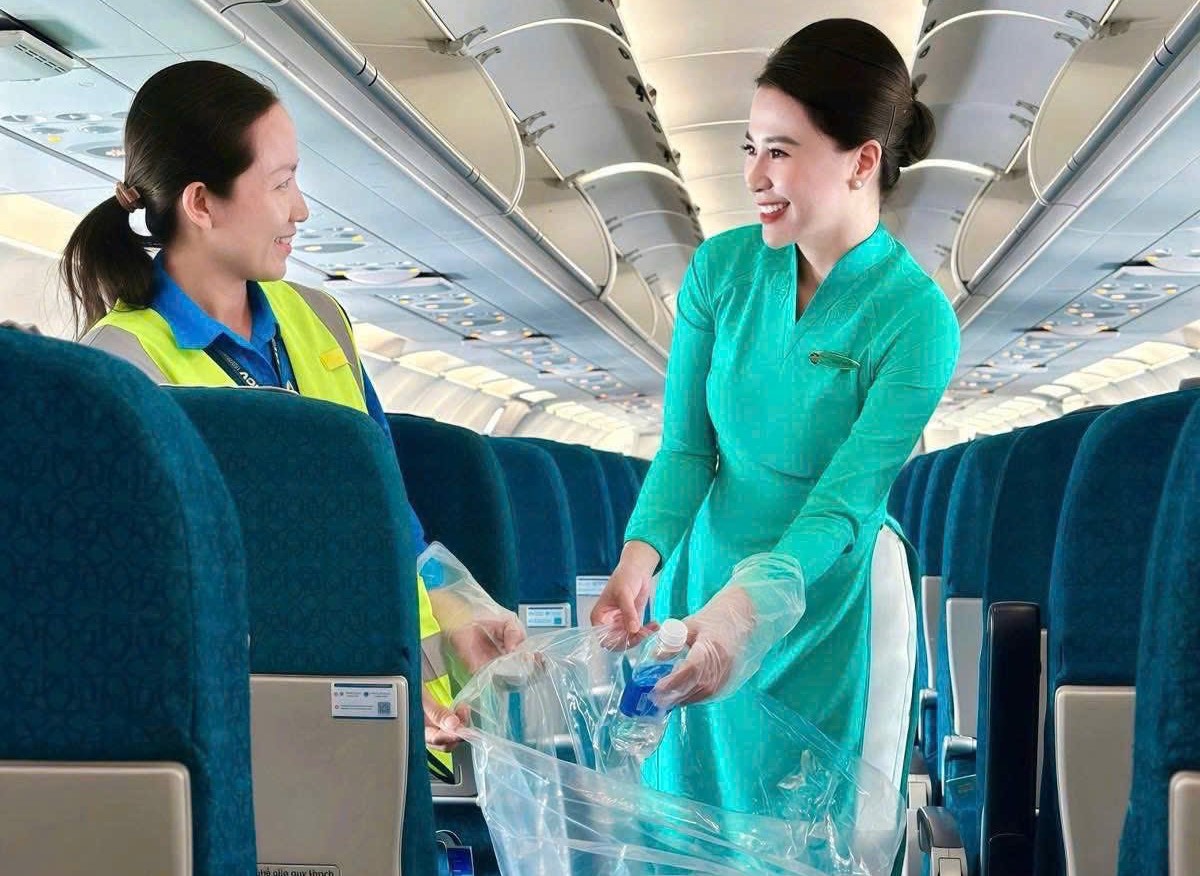The sector has been facing a severe shortage of pilots and technicians, especially following the establishment of a new airline and fleet expansion plans by the current carriers. Recent news reports said many pilots of national flag carrier Vietnam Airlines (VNA) have left for the newly established Bamboo Airways.
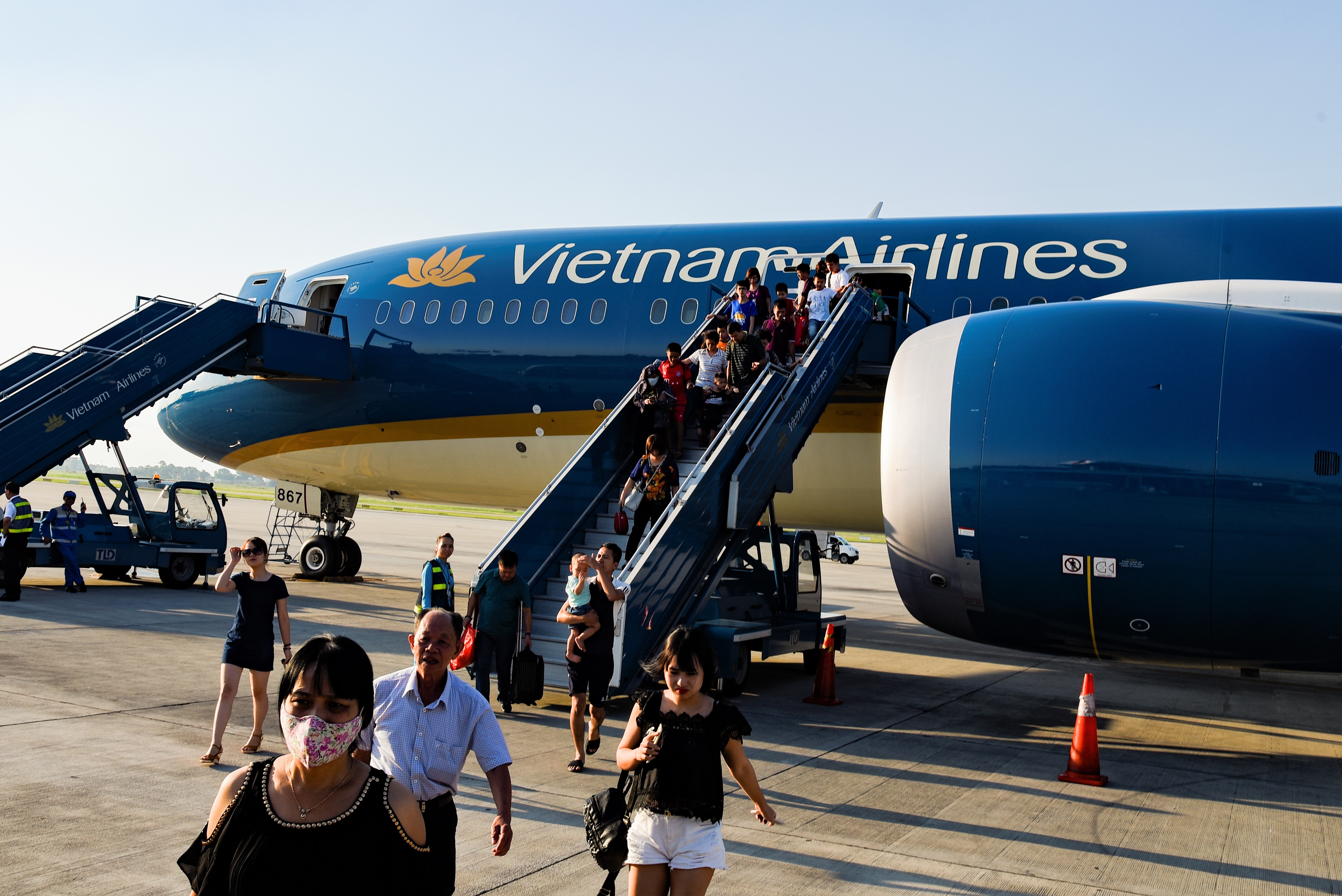 Passengers disembark from a Vietnam Airlines aircraft. The local aviation sector is facing a severe manpower shortage. (Photo: Vu Tuan)
Passengers disembark from a Vietnam Airlines aircraft. The local aviation sector is facing a severe manpower shortage. (Photo: Vu Tuan)
According to VNA CEO Duong Tri Thanh, it takes four years to train a pilot who can fly a narrow-body A321 aircraft and up to seven to eight years to train them to fly a wide-body A350 airplane. Aviation staff training is expensive, especially for pilots and certified technicians.
With the rapid development of the industry, local carriers are being challenged by the underdeveloped infrastructure and the fierce competition for skilled labor.
Currently, VNA pays Vietnamese pilots a salary that is around 75% that of foreign pilots. However, its rivals are offering much higher salaries to attract highly skilled staff, resulting in a 30% workforce shortage at VNA, Thanh said.
VNA Chairman Pham Ngoc Minh, meanwhile, said that the company is seeking to raise the salaries of its pilots and other high-skilled staff to stop the brain drain.
Current laws prevent VNA from offering higher salaries to its staff, so the systems for corporate salary management should be revised to enable firms like Vietnam Airlines to actively map out more appropriate wage policies to retain high-quality employees.
According to an expert, the ongoing brain drain is the result of the high demand for air transport and fleet expansion by local carriers. Meanwhile, the manpower supply has remained the same as it takes several years to train a certified technician to check and supervise flight safety.
While firms can easily hire foreign pilots, it is difficult to employ high-skilled staff in the technical field. The problem has resulted in unfair competition among domestic carriers, the expert added.
According to industry insiders, the manpower competition will remain tough in the coming years as new firms have joined the playground and many have plans to develop their fleet.
In the current context, the Civil Aviation Authority of Vietnam now considers manpower an important factor in approving a new airline. Besides this, the agency will review the expansion plans of carriers to ensure that they have enough staff to launch new air routes or purchase new aircraft.
The Saigon Times






